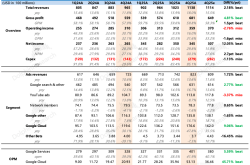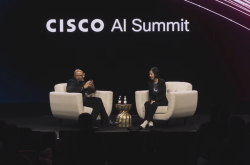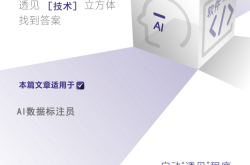Perplexity Bids $34.5 Billion for Chrome Amidst AI Browser Boom: Where Will Quark and Others Stand?
![]() 08/18 2025
08/18 2025
![]() 542
542
AI is reshaping the browser landscape.
On August 12, local time, AI startup Perplexity submitted an acquisition offer to Google's parent company Alphabet, aiming to purchase the Chrome browser for $34.5 billion.

Image source: Chrome browser
Notably, this startup is currently valued at around $18 billion, yet its offer is nearly double its market value. Perplexity has explicitly stated that investors will fully support this transaction.
Simultaneously, Perplexity has made three key promises:
1. Will not secretly alter the default search engine of Google Chrome
2. Will invest $3 billion in the open web within the next two years
3. Will offer employment to most of Google Chrome's core employees
However, Perplexity is not the only suitor for Google Chrome. Previously, both OpenAI and Yahoo Search have expressed interest in acquiring Chrome should it separate from Google, with acquisition prices in the tens of billions of dollars.
Given Chrome's immense commercial value to Google and the presence of numerous competitors, even though Perplexity's offer is sincere, Google has not shown any signs of acceptance.
So, why would an AI startup dare to acquire this browser at a price almost double its market value? Is an AI browser truly worth such a risk for a company?
As early as August 12, Xiao Lei raised copyright-related issues in a joint report by The New York Times and other media about the company: Does AI search, which directly integrates and refines news or works from various media into its own opinions, constitute infringement?
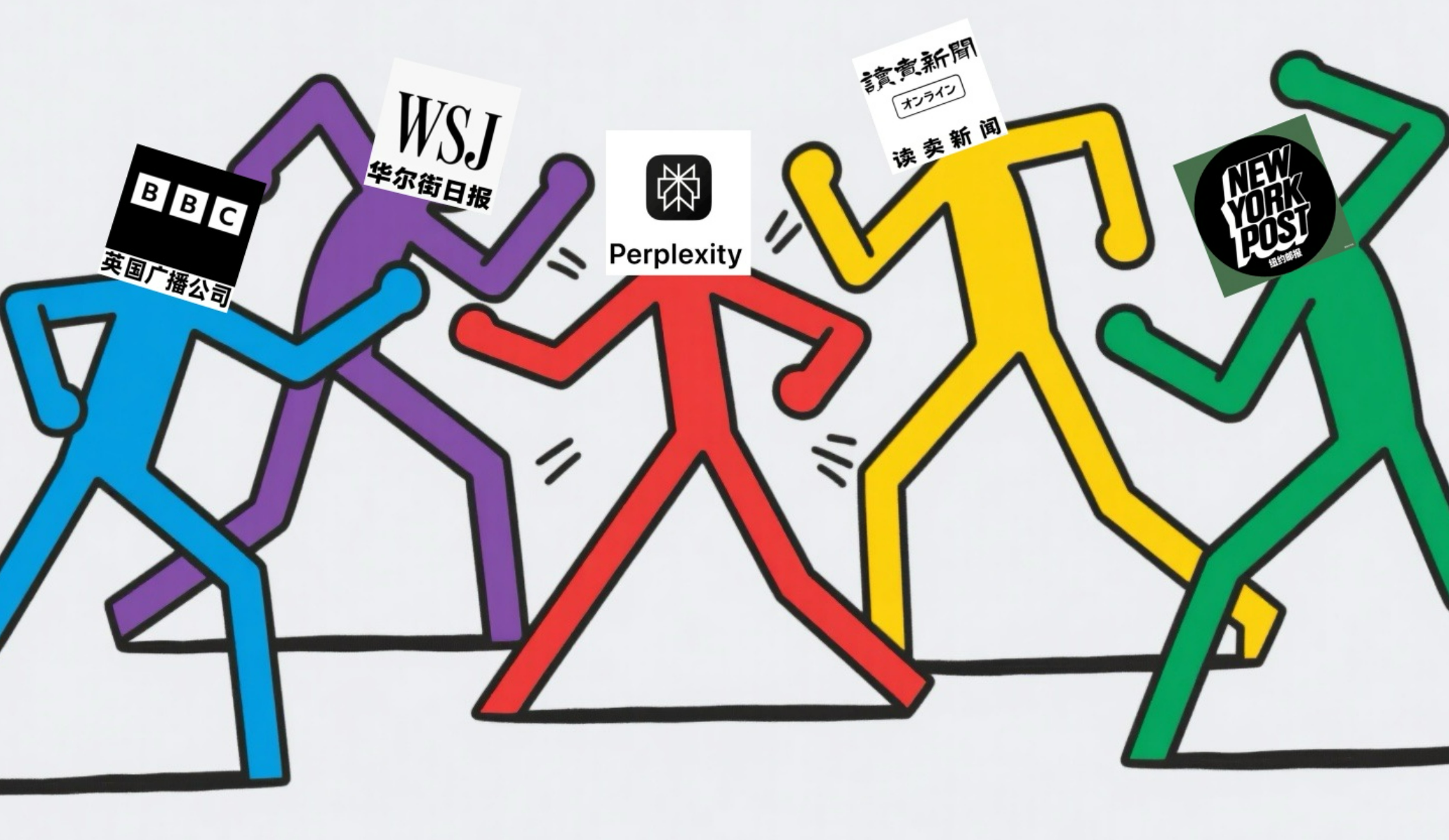
Image source: Lei Technology
Although Perplexity indicates the source webpage, users rarely click to view it, and even abstracts of paid articles can be extracted. Regarding this, Xiao Lei suggested: We can draw inspiration from the music industry's royalty system, legally obtaining high-quality, licensed training data by paying licensing fees to relevant organizations, which then distribute the income to media, writers, and artists as content sources based on indicators such as data usage frequency.
Three days later, Perplexity once again became the focus of Xiao Lei's article. This American AI company, founded in 2022, aims to disrupt traditional search engines, positioning itself as an "answer engine" that attempts to redefine the way people access information by directly generating precise answers rather than presenting webpage lists. Speed and accuracy are among Perplexity AI's core advantages.
Founder Aravind stated in an interview:
"To prevent AI hallucinations, the only way is to continuously build better search indices and capture higher-quality web fragments; when the models are fast enough, they can perform multi-step reasoning for each query."
With sufficiently accurate and fast information data, this AI product adopts a subscription-based revenue model, differing from traditional browsers. Perplexity relies on subscription services for profit, employing a usage-based pricing model where users pay on demand, and fees are calculated based on task usage.
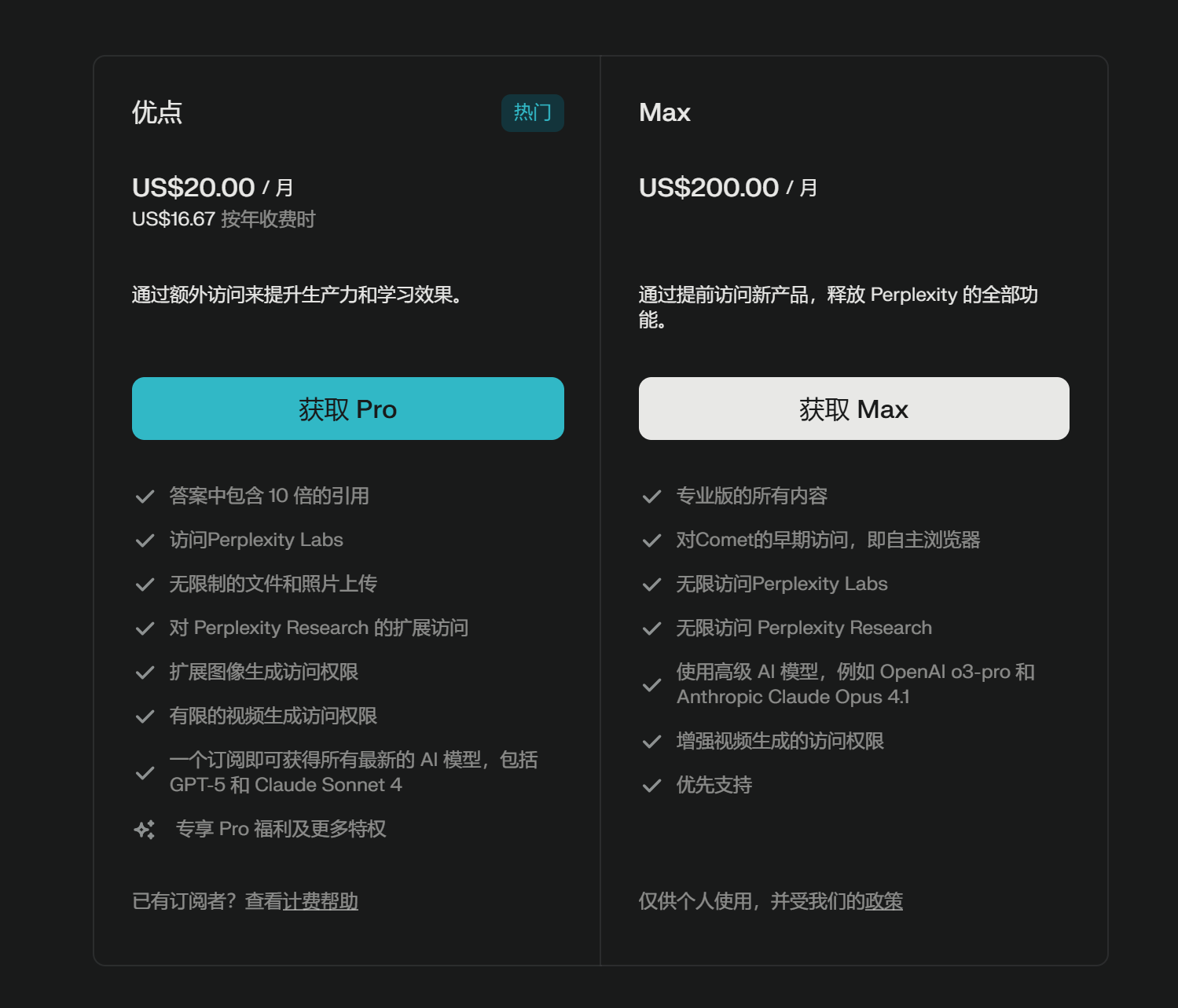
Image source: Perplexity
This agency model also brings greater convenience to users. On the Comet browser launched by Perplexity, users can let the product act as a "scout" to investigate hotel reviews at tourist destinations or as a "secretary" to handle repetitive settings. Precisely because of this mode, the Comet browser can proxy user queries for cross-platform tasks such as credit card information and flight changes; and since it has obtained user authorization, the entire process does not require the user to provide passwords, enabling commercial cooperation with other platforms.
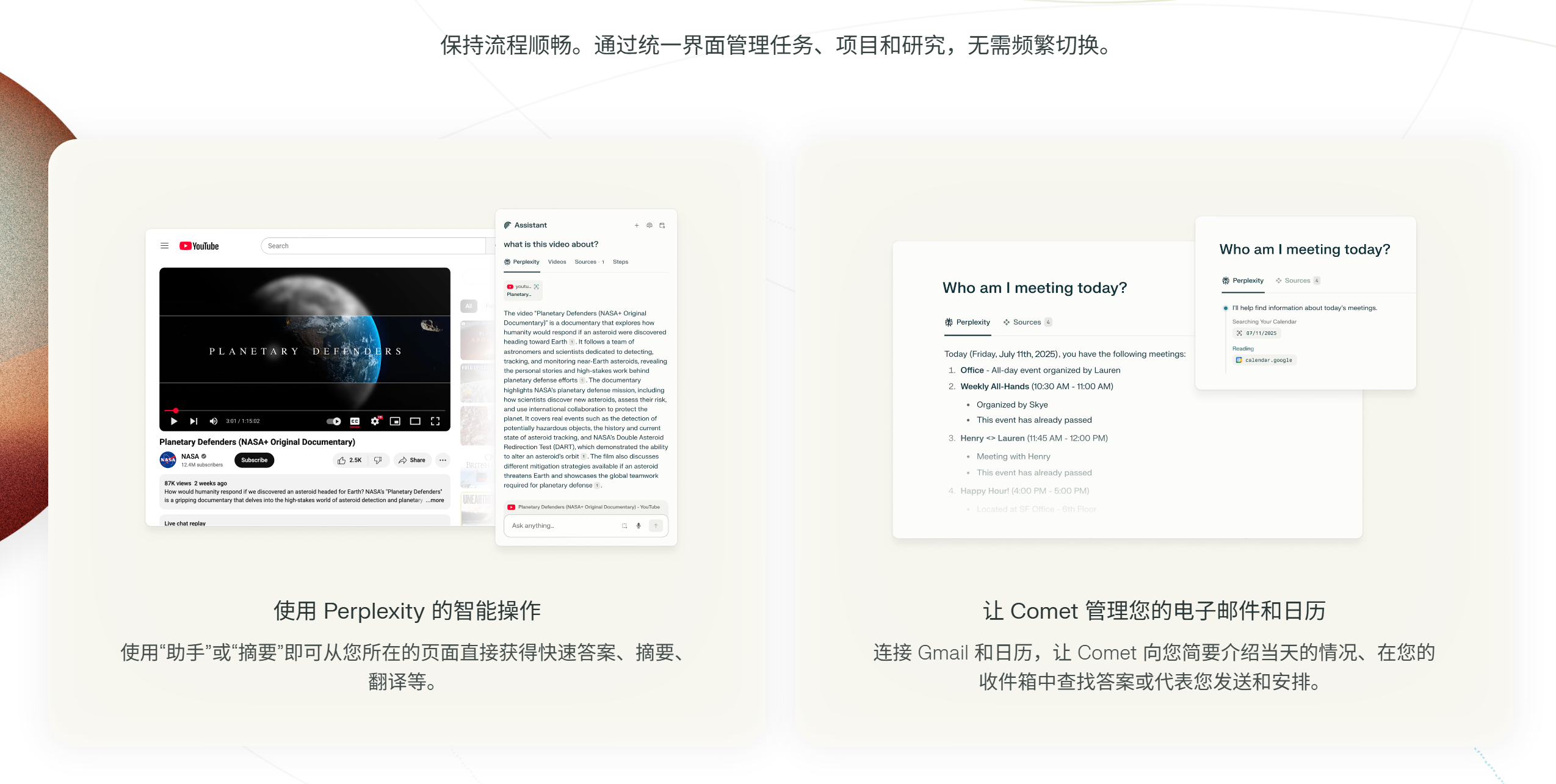
Image source: Comet browser
Aravind mentioned that Perplexity has cooperated with Selfbook to support all hotel booking services; with Yelp to allow businesses to sell directly on the platform; with Firmly to support booking services; with FMP in the financial sector; and with StatsPerform in the sports sector.
This "user path - transaction commission - enterprise services" business model, if successful, will significantly replace the advertising revenue model of traditional browsers.
The reason Google's Chrome browser cannot become a transaction platform is precisely because it relies on advertising space for profit. However, Chrome's commercial value lies in its 3.5 billion users - this is the "digital oil" that Perplexity values.
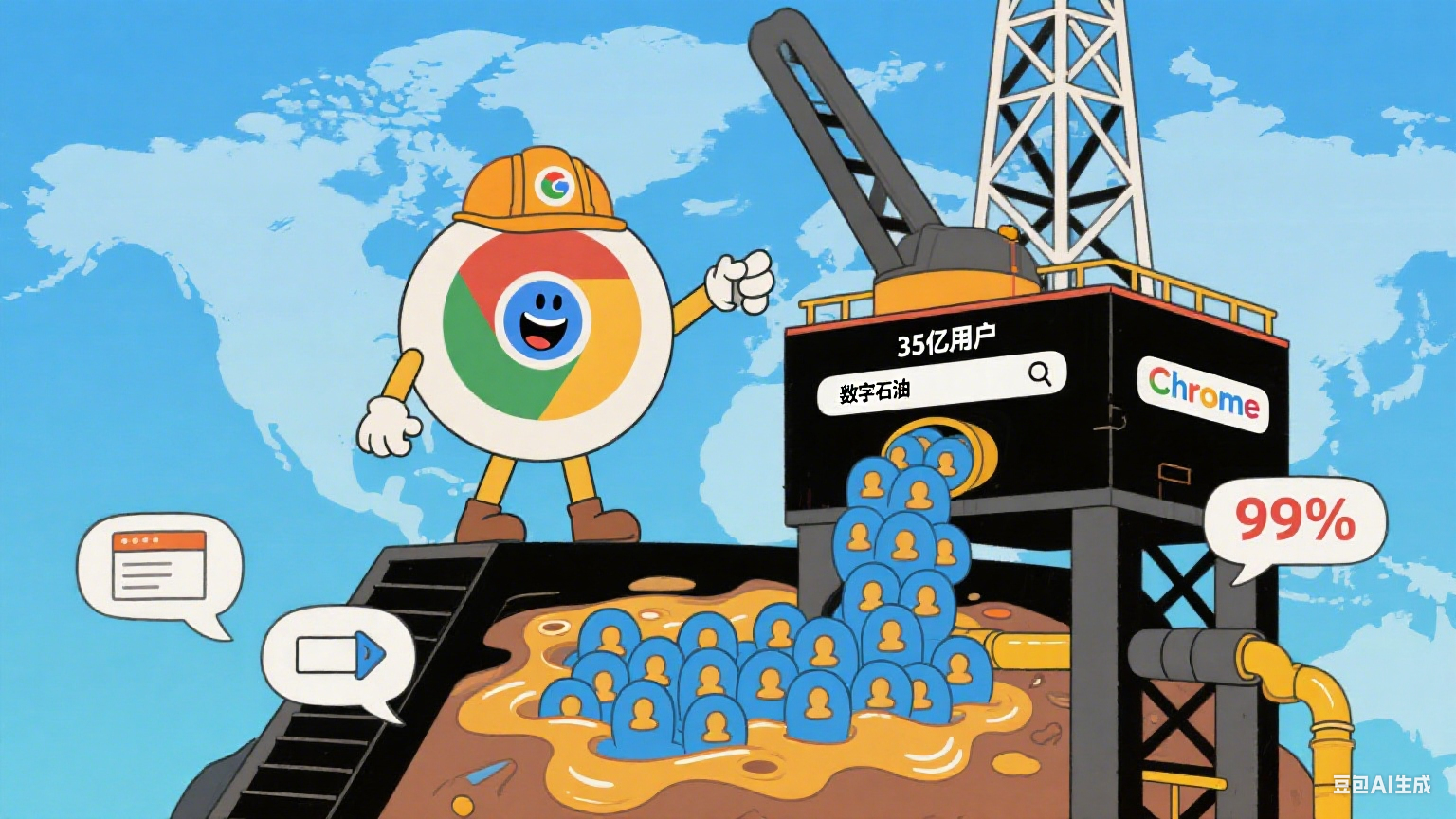
Image source: Doubao AI
Aravind believes that user stickiness stems from user information: wallet accounts, passwords, smart assistants, and other tasks running synchronously on the browser, making users more reliant on the browser in daily life and learning.
The unification of personal account information can indeed significantly enhance the overall user experience, allowing users to complete almost all online transactions directly within the browser. Whether it's shopping, travel, or financial services, it can be done in one step on the browser; at the same time, due to its online nature, users don't need to worry about memory issues and local personalized settings.
Therefore, the Chrome browser is of great significance to Perplexity: it not only represents the information of 3.5 billion users but also represents direct cashback after users transact on various platforms, and it will become the hub connecting global paid software in the future. For this reason, even if it has to pay a price almost double its market value, Perplexity still insists on acquiring the Chrome browser.
As a global internet giant, Google is a leader in browsers, search engines, operating systems, cloud services, and other fields, and is therefore often investigated by antitrust authorities.
The U.S. Department of Justice has repeatedly attempted to break up Google and even once required it to sell its Android business, to which Google has always opposed. As a remedy, the U.S. Department of Justice has suggested forcing Google to sell the Chrome browser.
At the Google antitrust hearing held in Washington on April 23, 2025, Nick Turley, head of ChatGPT products at OpenAI, said that if Google is forced to sell Chrome due to antitrust issues, OpenAI is willing to acquire it.
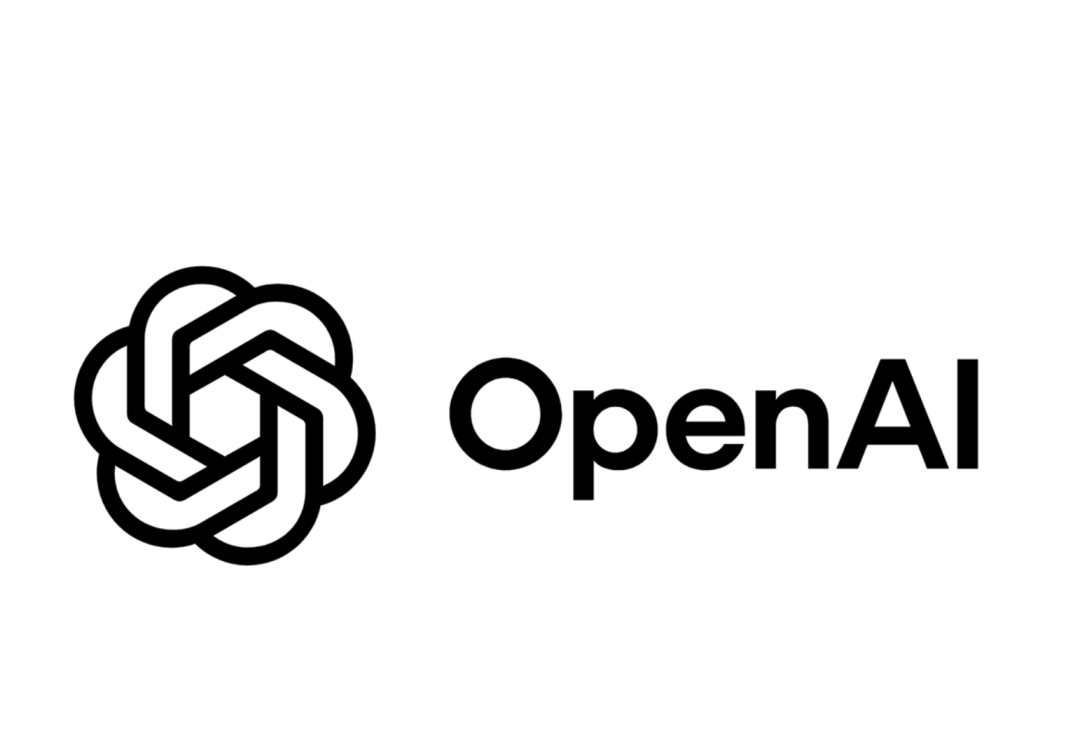
Image source: OPEN AI
Google naturally did not agree but could not delay indefinitely. The presiding judge will announce the final verdict this September, and whether Chrome will be divested remains unknown. Perplexity obviously won't miss this opportunity, which is the perfect time to "take advantage of someone's difficulties".
In fact, Google is not unable to abandon Chrome, as long as it retains the Google search engine, it won't be crippled. However, Chrome's huge user base makes it difficult for Google to let go; on the other hand, the rise of AI search makes Google worried that after losing Chrome, other search engines will seize the opportunity to rise to the top, and what will happen to Google's own AI search engine?
Facing such a dilemma, even a strong company like Google has to face the choice of "protecting the big or the small". Xiao Lei believes that Google's primary task is to ensure that its Android business is not affected, and then handle the potentially acquired Chrome browser in a more moderate way - for example, requiring the acquirer to still set Google search engine as the default option, leaving a way out for Google's AI search.
The business model and development direction of Perplexity mentioned earlier are not only related to the company itself but also reflect that browsers have been upgraded from information channels to intelligent interaction hubs in the AI era.
The search and web browsing functions of traditional browsers will be transformed into "conversation services". This not only saves users' browsing time but also allows AI services to expand to more usage scenarios. Therefore, as a carrier that can deliver AI services to every corner, browsers will become the gateway to the internet in the AI era.
As a result, global giants are rushing to occupy this emerging market. Microsoft's Edge browser has built-in the Copilot assistant, an AI interaction center that can directly call information saved by users in the Edge browser; users can scan pages or input voice to converse with the Copilot assistant to solve problems.
According to the Business Software Alliance (BCA), when users download other browsers, the Edge browser pops up unnecessary security warnings and induces users to set Edge as the default browser, believing that this behavior is mainly aimed at Google.
In response, Microsoft said that the current dominant player in the browser market is Google; and such commercial competitive behavior highlights the importance of browsers in the AI era - it can directly use user information to conduct multi-scenario interactions, thereby enhancing user stickiness and laying the foundation for the development of future AI browser products.
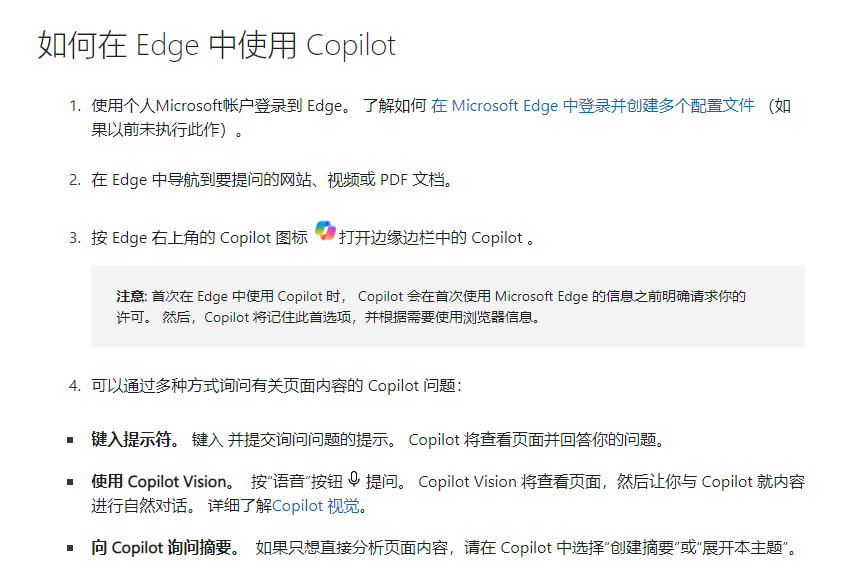
Image source: Edge browser
In contrast, domestic manufacturers have insighted earlier that AI browsers should shift from "passive service" to "active service" and from "single conversation" to "multi-scenario deep thinking". And the strong execution ability of domestic manufacturers is obvious to all.
Alibaba's Quark browser has already equipped with the AI Super Box, supporting one-stop Q&A, content creation, and information summarization, with deep thinking achievable globally; it also comes with a desktop assistant that can analyze learning documents, extract key information from webpages, and is more user-friendly for Quark's core user group - students.
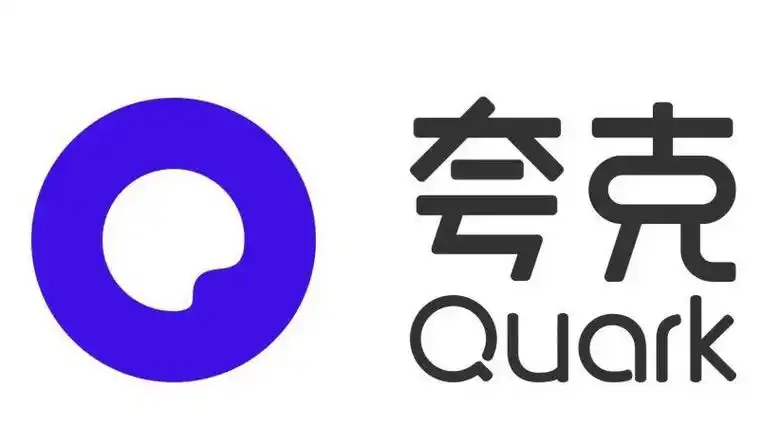
Image source: Quark browser
Opera browser, acquired by 360 and Kunlun Tech, has also launched Opera Neon, whose core advantage lies in its powerful AI engine, which can assist users in directly conducting research, website development, and even generating code and reports, making it extremely useful for office groups.
From the practices of these domestic players, it can be seen that domestic AI browsers are not simply following foreign development directions, but rather each manufacturer is tailoring scenario-based functions around its own audience. All of this seems to be announcing: browsers are transforming from "tools for people to see" to "agents that actively work". Precise scenario differentiation and well-developed functions effectively capture the needs of every user. It can be seen that in the process of AI reshaping browsers, domestic players have a profound understanding and strong actionability.
Source: Lei Technology
Images in this article are from: 123RF Authentic Stock Library. Source: Lei Technology

